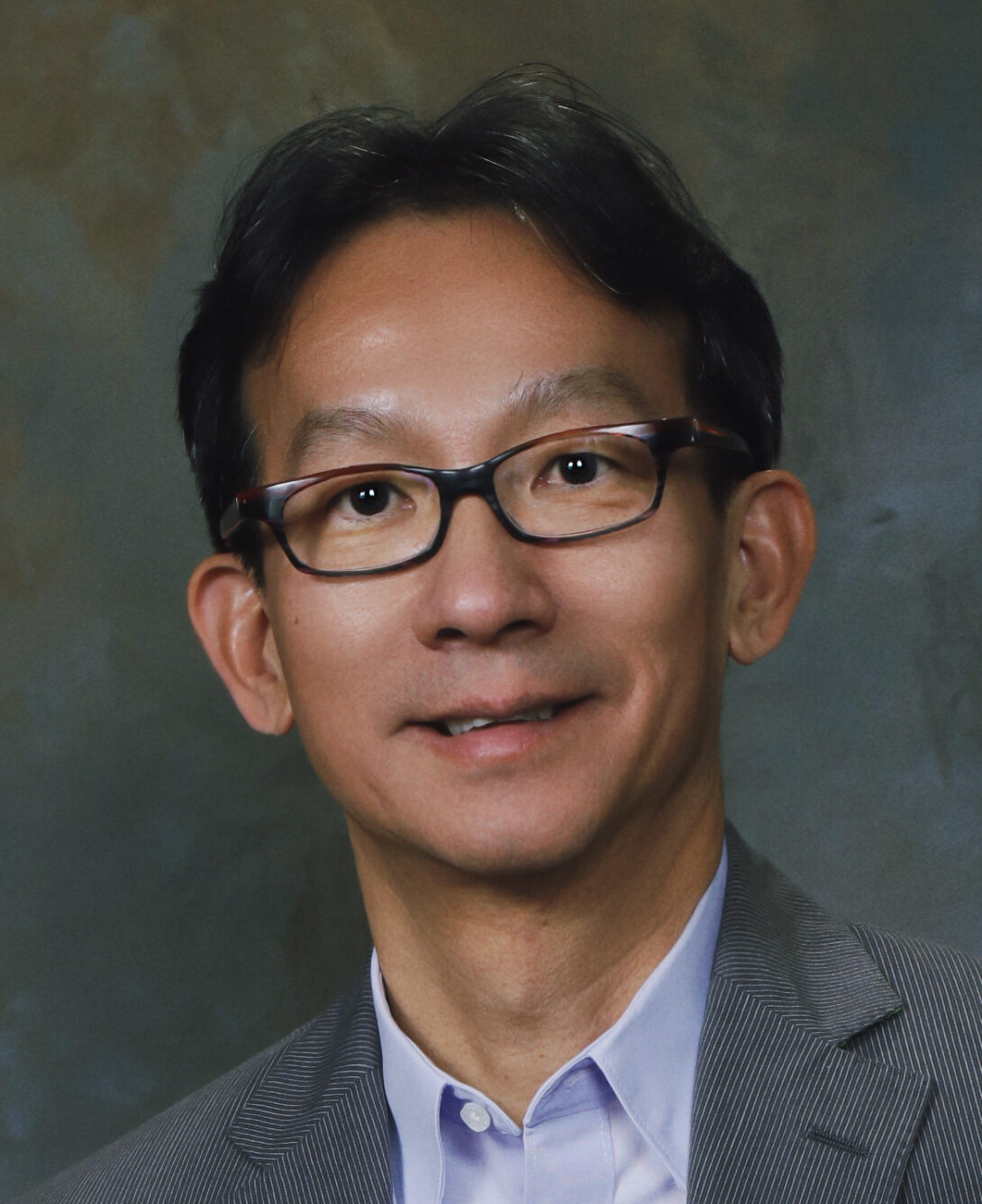Lester F. Lau, Ph.D.
Professor Emeritus
e-mail: lflau@uic.edu
TEL: 312-996-6975
Office: MBRB 1012
Dr. Lester Lau Profile Heading link

UIC University Scholar (1992-1995)
Pew Scholar in the Biomedical Sciences (1988)
Helen Hay Whitney Fellow (1983-1986)
Education: Ph.D. Cornell University
Research Interests:
Extracellular matrix signaling in inflammation, wound healing, and tissue regeneration
The extracellular matrix plays critical roles in regulating diverse biological and pathological processes, including developmental morphogenesis, wound healing and tissue repair, inflammation and host defense, and progression of diseases including cancer. Our laboratory is interested in the biological functions of Cellular Communication Network (CCN) factors, a family of cysteine-rich, dynamically expressed matricellular proteins that regulate a broad spectrum of cellular activities through direct binding to integrin receptors. CCN1 is required for cardiovascular development during embryogenesis, whereas in adulthood it induces angiogenesis and plays critical roles in wound healing, inflammation, and tissue regeneration. We are investigating the functions of CCN1 in various biological contexts using mouse models that target Ccn1 by conditional knockout, allelic replacement, and transgenic expression.
We have shown that in wound healing, CCN1 acts to promote phagocytic clearance of invading bacteria as an opsonin, activate inflammation as a damage-associated molecular pattern through Toll-like receptors, and induce efferocytosis of apoptotic neutrophils through integrin αvβ3. These processes trigger macrophage polarization and expression of TGF-β1, resulting in the differentiation of precursor cells into myofibroblasts to promote wound healing. In later stages of repair, CCN1 triggers cellular senescence in myofibroblasts through direct binding to integrin α6β1, thus accelerating matrix remodeling and curbing fibrosis.
In the liver, CCN1 is essential for the regeneration of bile ducts in cholestatic injury through its activation of Notch signaling in cholangiocytes and hepatic progenitor cells, leading to cholangiocyte proliferation and progenitor cell differentiation into cholangiocytes. In partial hepatectomy, CCN1 induces hepatic stellate cells to undergo senescence, whereupon the senescent cells secrete IL-6 and CXCR2 ligands to promote liver regeneration. Furthermore, CCN1 is expressed in stem cells of the intestinal epithelium, where it coordinately regulates stem cell self-renewal and differentiation through integrin-mediated regulation of Wnt and Notch signaling. These findings show that CCN1 regulates multiple aspects of wound healing and tissue regeneration through integrin signaling, coordinating the interaction of various cell types.
Selected Publications
Cheng, N., Kim, K.H., and Lau, L.F. (2022) Senescent hepatic stellate cells promote liver regeneration through IL-6 and ligands of CXCR2. JCI Insight. Jun 16 7(14):e158207. (https://insight.jci.org/articles/view/158207)
Kim, K.H., Cheng, N., and Lau, L.F. (2022) Cellular communication network factor 1 stimulated liver macrophage efferocytosis drives hepatic stellate cell activation and liver fibrosis. Hepatol. Commun. 6(10):2798-2811. (https://aasldpubs.onlinelibrary.wiley.com/doi/pdf/10.1002/hep4.2057)
Jun, J.I. and Lau, L.F. (2020) CCN1 is an opsonin for bacterial clearance and a direct activator of Toll-like receptor signaling. Nat. Commun. Mar 6; 11(1):1242. (https://www.nature.com/articles/s41467-020-15075-5)
Jun, J.I. and Lau, L.F. (2018) Resolution of organ fibrosis. J. Clin. Invest. Jan 2; 128(1) 97-107. (https://www.jci.org/articles/view/93563)
Choi, J.S., Kim, K.H. and Lau, L.F. (2015) The matricellular protein CCN1 promotes mucosal healing in murine colitis through IL-6. Mucosal Immunol. 8(6):1285-1296. (https://doi.org/10.1038/mi.2015.19)
Kim, K.H., Chen, C.-C., Alpini, G. and Lau, L.F. (2015) CCN1 induces hepatic ductular reaction through integrin αvβ5-mediated activation of NFκB. J. Clin. Invest. 125:1886-1900. (https://www.jci.org/articles/view/79327)
Jun, J-I., Kim, K.H., and Lau, L.F. (2015) The matricellular protein CCN1 mediates neutrophil efferocytosis in cutaneous wound healing. Nat. Commun. Jun 16; 6:7386. (https://www.nature.com/articles/ncomms8386)
https://www.ncbi.nlm.nih.gov/myncbi/lester.lau.1/bibliography/public/